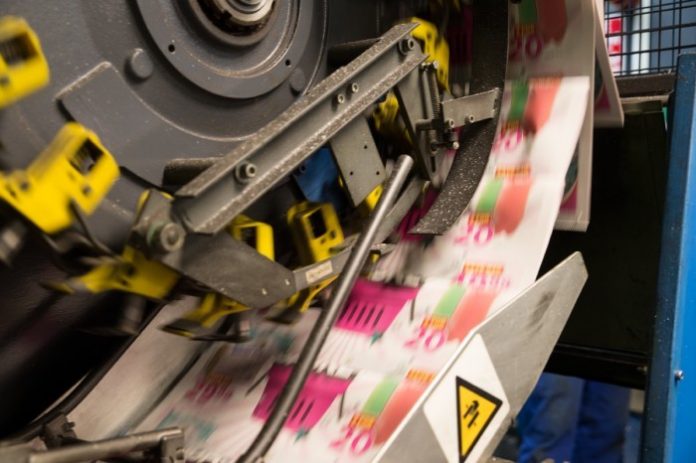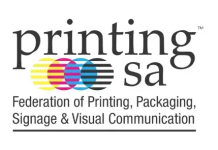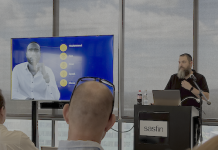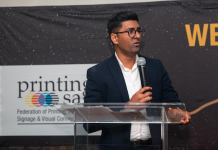A new way of perceiving matters (as far as the future of jobs in South Africa is concerned) is required, according to industry experts.
Free trade pacts and outsourcing are often blamed for the loss of South African jobs, but global CEOs at the recent World Economic Forum in Davos, Switzerland, felt that robots, machine learning, and artificial intelligence (AI) will be the main contributors to this worldwide problem in the future.
Many efficient new technologies are emerging to support humans in print manufacturing and business, including robotics, driverless cars, AI systems and 3D printers. These shifts will obviously result in the creation of many new high-skilled jobs. In turn, business leaders are recognising the importance of life-long learning to help workers stay relevant in this quickly changing world.
As more businesses adopt automation, many jobs are being automated, which disrupts the lives of many workers. By 2020, more than 7 million jobs worldwide are expected to be lost to technology, according to the World Economic Forum’s ‘The Future of Jobs’ report.
To stay competitive and responsive in this climate, the private sector, including the printing industry, must develop new programmes to retrain displaced workers in strategic fields such as data analytics, computer science and entrepreneurship. Displaced print workers will need upskilling to perform new high-paid jobs in advanced manufacturing, such as the production and servicing of solar panels, 3D printing and connected devices. Going forward, all types of workers will be well served to continually re-skill and upskill themselves throughout their careers to navigate our rapidly evolving business landscape. In the future, education will not simply be a four-year steppingstone from school to a chosen profession, it will be a lifelong learning process that embraces ongoing change.
‘I think what we’re reaching now is a time when we may have to find alternative careers through our lifetime,’ Microsoft CEO Satya Nadella explained in an interview with Reuters at Davos, a view shared by South African Institute of Printing (SAIP) and Printing SA CEO, Steve Thobela.
SAIP strongly believes that the South African economy depends on a dynamic, technically skilled workforce to stay competitive. SAIP and other Professional institutions are tackling this problem through innovative programmes that enable workers without technical backgrounds to earn skills in the fields of science, technology, engineering, and mathematics (STEM). SAIP has a new programme, which qualifies print professionals and trains workers with new skills.
‘We should not worry about these inevitable changes or fear becoming slaves to our computers. Rather, we should embrace the concept of ‘humanics’, in which humans and smart machines can coexist in a mutually beneficial relationship. As the machines become smarter and more powerful, they will enable humans to become lifelong learners who are more agile and nimble,’ stated Thobela.
The World Economic Forum report states that by 2020 two million new jobs will be added in the STEM disciplines, driving the need to upskill educated people with new knowledge and experience. Hybrid learning blends conventional classroom lectures with flexible online classes and co-op job opportunities. A hybrid educational model becomes the ideal format for growth because it emphasises the development of real-world job skills.
A proven approach to meeting the high demand for STEM grads is to use the transferrable skills and critical thinking of our current non-STEM talent. By identifying people from diverse backgrounds who want to be re-skilled for high-value tech jobs and matching them with the coursework they need to obtain STEM skills, we can fill the critical jobs needed to meet tech industry demands.
One strategy involves the option of offering STEM ‘bridge courses’ toward graduate STEM degrees for workers with non-STEM backgrounds. In addition, by partnering more closely with Print supplier companies, SAIP can create curricula designed to meet the timely demands of these cutting-edge STEM domains.
Such courses are structured to be interactive, experiential and participatory. Along with online and classroom learning modules, these courses are supplemented by co-ops and internships to provide alternative means for young people and career-changers to branch into STEM careers. Such transition programmes are critical for achieving diversity and increasing the competitiveness of the South African workforce.
Our country is being challenged by a hyper-competitive global economy powered by groundbreaking new technologies. These technologies include big data analytics, real-time platforms for stock trading, the Internet of Things, virtual reality, unmanned aerial drones, genomics, biotech nanotech, and so much more.
The growing worldwide push for new technological innovation will continue to create an acute demand for data analysts and computer scientists to make sense of so much raw information. Rather than starting from scratch, the best approach is to retrain existing workers with new skills in data analytics and printing technology for the 21st century workforce. By filling this recruitment gap, South Africa can ensure its competitive advantage in the rapidly changing global economy and thus protect more workers from job-stealing robots and automated machines.
PRINTING SA (+27 11) 287 1160 info@printingsa.org www.printingsa.org















